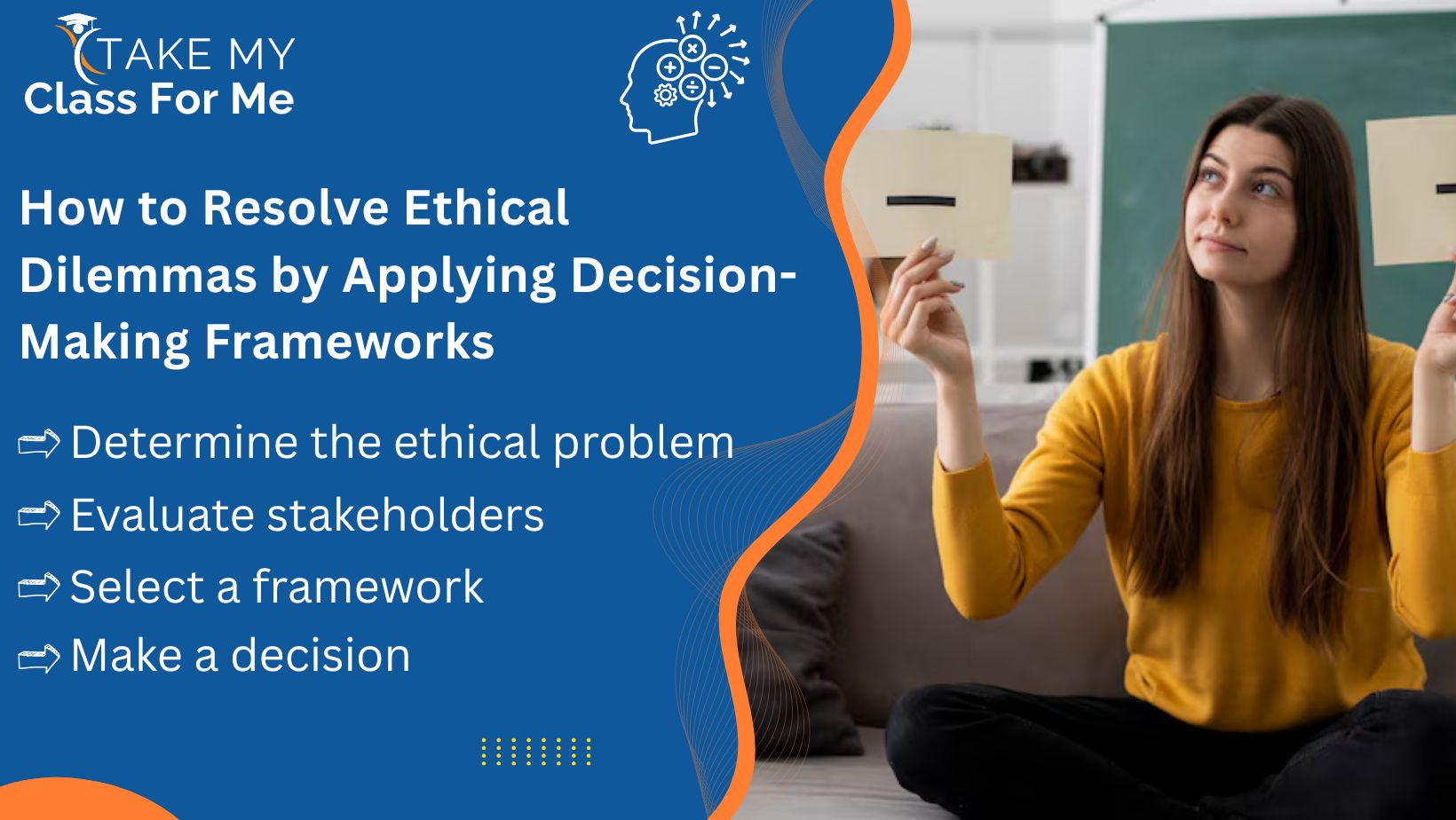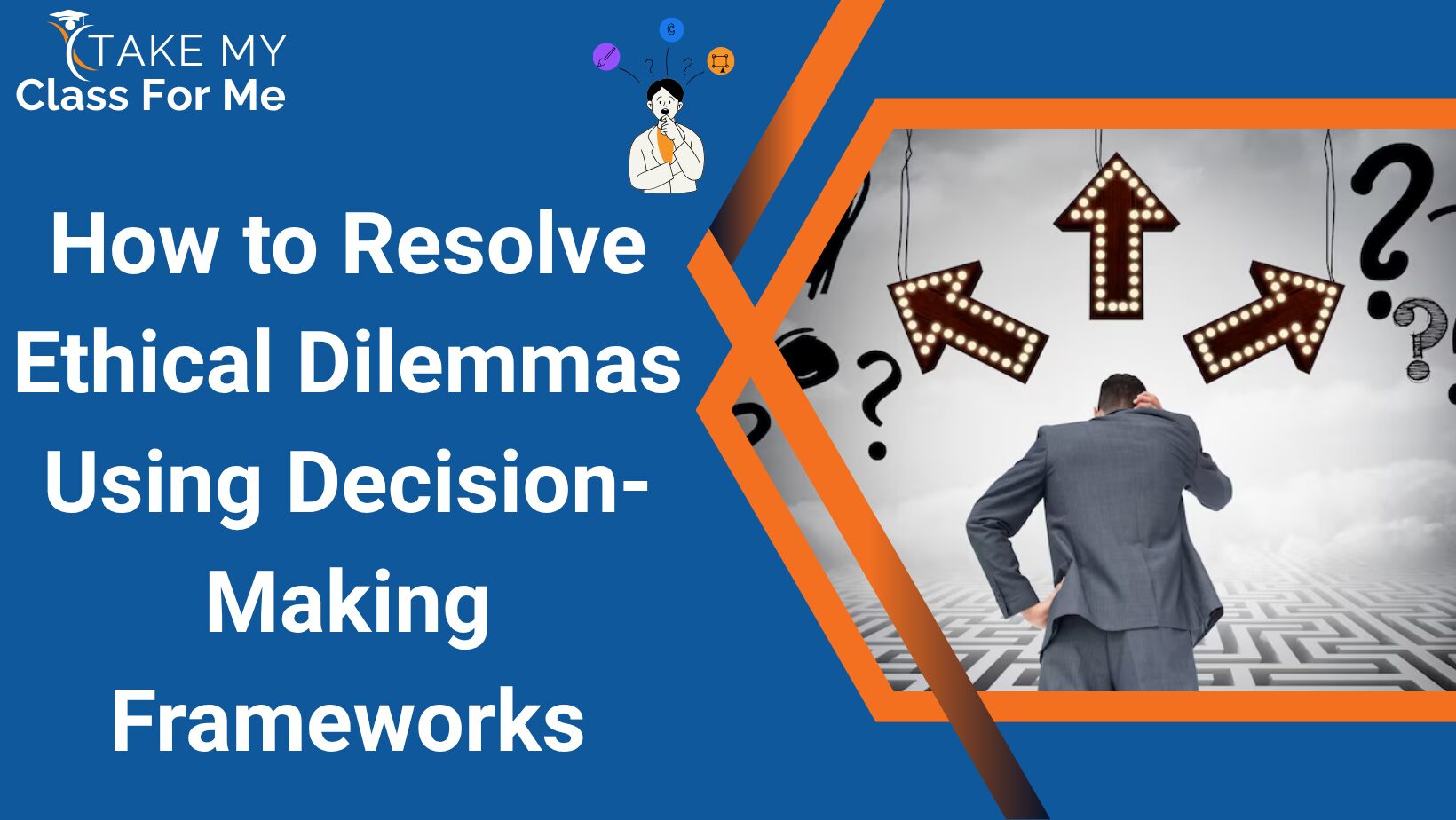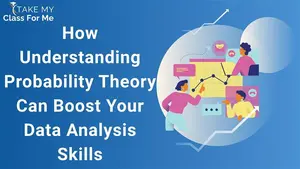You can solve the current ethical issues by using decision-making frameworks. Some ethical decision-making frameworks you can consider for solving ethical problems or complex situations across business, life, and leadership are consequentialist, duty, or virtue ethical frameworks.
Generally, it will be hard to decide what to do when people or organizations face conflicting moral beliefs. This is called an ethical dilemma. So, to resolve the ethical dilemma, you should balance different moral duties. Often, ethics will affect all areas of life, from your behavior to how businesses and governments work. However, you might have an idea of what ethics means for a community, business, or government. In business, frameworks like utilitarianism will help you make decisions. But there will not be any clear right or wrong answer in an ethical dilemma. Instead, you should make choices based on the pros and cons. Ethics will typically deal with your character, knowledge, and behavior. That is why ethical decision-making frameworks and models are important to make choices that reflect good values.
If you wish to learn more about ethical dilemmas and decision-making frameworks, then continue reading this blog. Here, you will also know how to resolve ethical dilemmas using ethical decision-making frameworks
What are the Current Ethical Issues?
In today’s world, humans face many ethical problems that need careful thought and smart decision-making. Here are some of the major areas where ethical issues frequently arise:
Healthcare: This field often involves tough ethical choices. These include deciding how to fairly share limited resources, who has the right to receive care, and how to handle new technologies like genetic editing or fertility treatments.
Social Justice: Typically, ethics are important when dealing with problems like discrimination, poverty, and unfair treatment. Often, ideas like fairness and equal rights will help you understand and solve these issues. The goal of social justice is to treat everyone equally and with respect.
Business: The business world also faces many ethical challenges. These include how workers are treated, fair wages, equal opportunities, and honest competition. But ethical thinking will help you guide decisions in the workplace. It will shape how employees behave, build trust with customers, and create a positive work environment. Most importantly, strong leadership and clear ethical guidelines are important for solving problems and making the right choices.
An Overview of Ethical Decision-Making Framework
Ethical decision-making frameworks are tools that will help you make good choices when you face tough moral problems. Especially, with the help of these frameworks, you can identify the ethical issues, investigate the situation carefully, and consider different factors that might influence your decision. Moreover, when you regularly use these frameworks, the process will become natural. However, it might be challenging for you to make ethical decisions, particularly when there is no clear right or wrong answer.
Sometimes you may face moral distress when you struggle to balance values, emotions, and external factors. But the ethical decision-making frameworks will help you navigate these complexities and make practically correct decisions.
Common Types of Ethical Decision-Making Frameworks
The following are the three common types of frameworks that will help you make ethical decisions
The Consequentialist Framework
This framework will look at how your actions will affect others and try to create the best outcome. You can use this framework when many people are involved, but it might be hard for you to predict what will happen. Sometimes, it might justify doing something bad if it leads to a good result.
The Duty Framework
This framework will focus on doing what is right and following your responsibilities and duties. It will be helpful for you when you need to follow rules or do what’s morally required, even if the outcome is not good. It will treat everyone equally and promote respect and decency.
The Virtue Framework
This framework will look at the kind of person you should be and what your actions say about your character. Generally, it will encourage you to develop good qualities and behave like a good person. Besides that, this approach is important for leaders because they are essential in shaping the ethical culture of their organization.
Why is it Tough to Make Ethical Decisions?
If there are no clear rules, then it will become tough for you to make ethical decisions. In such situations, people often depend on their judgment, instincts, or opinions. This, in turn, might lead to confusion and disagreement. Here, let us explore some common reasons why ethical decision-making is considered complex without clear guidelines
Conflicting Values: When different moral principles or values clash, it will become hard for you to decide what is most important.
Uncertainty of Consequences: You may not always know how your actions will fully play out. Decisions that seem right to you at first might end up having negative effects later on.
Emotional and Cognitive Biases: Your emotions and personal biases can shape your decisions, sometimes unconsciously. This can lead you to prioritize your interests over what is truly the right thing to do.
With the help of ethical decision-making frameworks, you can easily navigate these challenges and make more informed decisions.
How to Resolve Ethical Dilemmas by Applying Decision-Making Frameworks

If you wish to resolve ethical dilemmas with decision-making frameworks, then follow these steps
Determine the ethical problem: You should first identify the ethical issue or problem. This involves understanding the situation, gathering facts, and pinpointing the key ethical concerns.
Evaluate stakeholders: Next, you should identify the stakeholders involved and consider their interests, rights, and potential impact. This will help you understand the perspectives and potential consequences of different actions.
Select a framework: Then, choose a suitable ethical decision-making framework, such as consequentialist, duty, or virtue ethics. Each framework will offer you a different approach to analyze the issue and make a decision.
Make a decision: Finally, by using the chosen framework, weigh the options and make a decision. This involves considering the ethical implications, potential consequences, and aligning the choice with the framework’s principles.
Challenges Involved in Using Ethical Decision-Making Frameworks
These are the major challenges involved in applying ethical decision-making frameworks
Balancing different interests
At times, what an organization wants to achieve and what is ethically right can clash. This will make it hard to please everyone. For example, big companies with offices in many countries might struggle to balance local customs with global ethical standards.
Facing outside pressures
When there is pressure from your company, cultural norms, or what society expects, you might feel forced to compromise your values. For instance, investors might push a business to prioritize making money over treating customers fairly.
Pros and Cons of Ethical Decision-Making Frameworks
Find here the advantages and limitations of ethical decision-making frameworks
Advantages
Using ethical frameworks will be helpful for you in these ways:
- Provides a clear approach to solving tough ethical problems
- Makes decision-making more transparent and accountable
- Ensures consistency and fairness in decisions
Limitations
However, there are also some challenges:
- Frameworks might not work for every type of ethical issue
- Different frameworks can conflict, and this may lead to uncertainty
- For example, trying to balance the greater good with individual rights can be tricky, like in cases involving privacy.
You can overcome these limitations by effectively using the ethical decision-making frameworks. Specifically, you can
- Combine elements from multiple frameworks to get a more complete view
- Be flexible and adapt frameworks to fit specific situations
- Consider different perspectives and weigh the pros and cons
- Use frameworks as a guide, rather than a strict rulebook
Conclusion
By now, you will have gained a good knowledge of ethical decision-making frameworks and how to use them to resolve an ethical issue. If you still have doubts on this subject, send us a ‘take my class for me’ request. We have numerous philosophy and business experts on our platform to help you understand concepts like applied ethics, ethical leadership, ethical decision-making, and so on. For all ethics-based concepts, our team of experts will offer customized online class help. By utilizing our service, you can enhance your subject knowledge and secure top grades.





